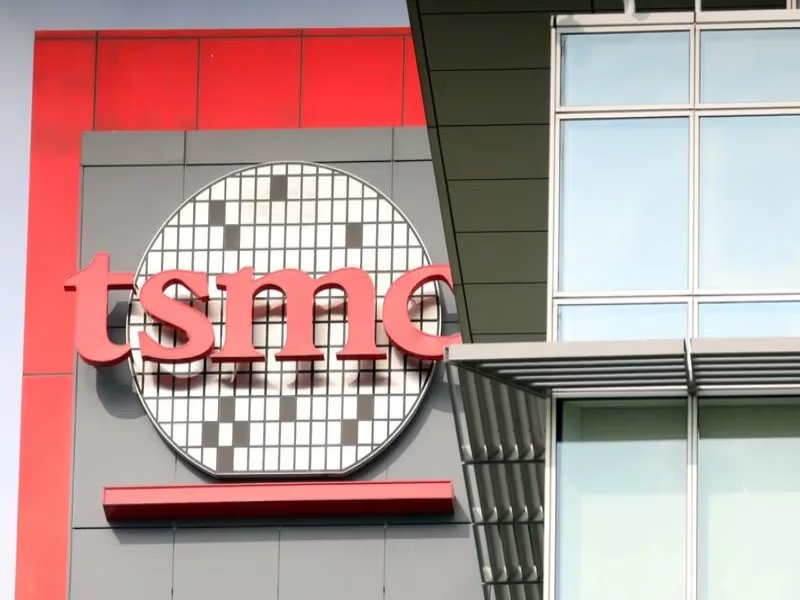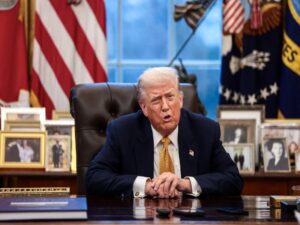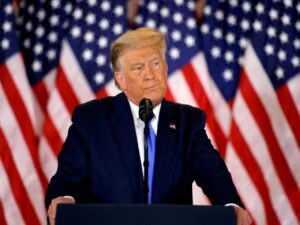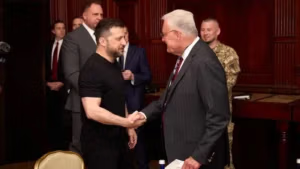The island’s top trade negotiator said Taiwan will never agree to the offer by Washington to locally assemble half of the chips that it is currently offering to the U.S.
In an interview with reporters, Cheng Li-chiun, who also holds the position of Vice Premier of the Republic of China, stated on Wednesday that the idea of the “50-50” split in semiconductor manufacturing was not even discussed, and she was back after trade discussions in the U.S., according to the Central News Agency in Taiwan.
Cheng asserted that the negotiations were based on reducing tariff rates, negotiating exceptions to tariff stacking to additional duties, and lowering the taxes imposed on Taiwanese exports. Taiwan is experiencing a “reciprocal” 20 percent tariff rate on both sides.
Washington has been negotiating with Taipei on the “50-50” breakdown in semiconductor manufacturing, a division that would reduce American dependence on Taiwan. Commerce Secretary Howard Lutnick added that last weekend, in an interview with NewsNation, and asserted that at present, 95 percent of American demand was being filled through semiconductor chips made in Taiwan.
“My objective, and this administration’s objective, is to get chip manufacturing significantly onshored — we need to make our own chips. The idea that I pitched [Taiwan] was, let’s get to 50-50. We’re producing half, and you’re producing half,” Lutnick stated.
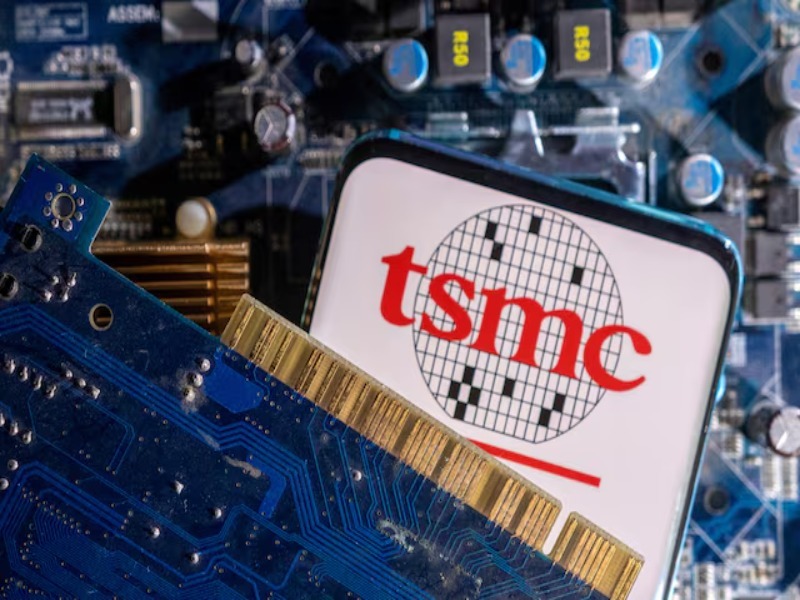
U.S. President Donald Trump had also targeted the chip supremacy of the island earlier this year, claiming that it was “stealing” the U.S. of its chip business.
The U.S. Trade Representative Office and the Ministry of Economic Affairs of Taiwan did not promptly comment on the article upon its request by CNBC.
According to the Central News Agency report, Taiwanese politicians have denounced the proposal by Lutnick, with the chairman of the major opposition party on the island, Kuomintang, labeling it “an act of exploitation and plunder.”
“No one can sell out Taiwan or TSMC, and no one can undermine Taiwan’s silicon shield,” Chu Taiwan stated that the Semiconductor Manufacturing Company is the world’s leader in advanced chip manufacturing.
The strategic nature of Taiwan in the global chip-making sector is thought to have guaranteed the insular country’s defense against direct military intervention by China, commonly known as the “Silicon Shield” theory.
Lutnick, in his NewsNation interview, minimized the “Silicon Shield,” stating that Taiwan would be secure with greater chip production between Washington and Taipei. Beijing considers the democratically governed island of Taiwan as part of its territory and has sworn to reclaim it by use of force, though Taipei disapproves of its claim.
The chairman of the Taiwan People’s Party, Huang Kuo-chang, was quoted as saying that the offer was “hollow out the foundations of Taiwan’s technology sector.”


